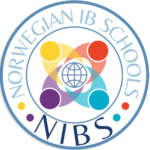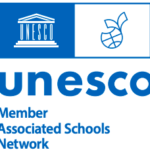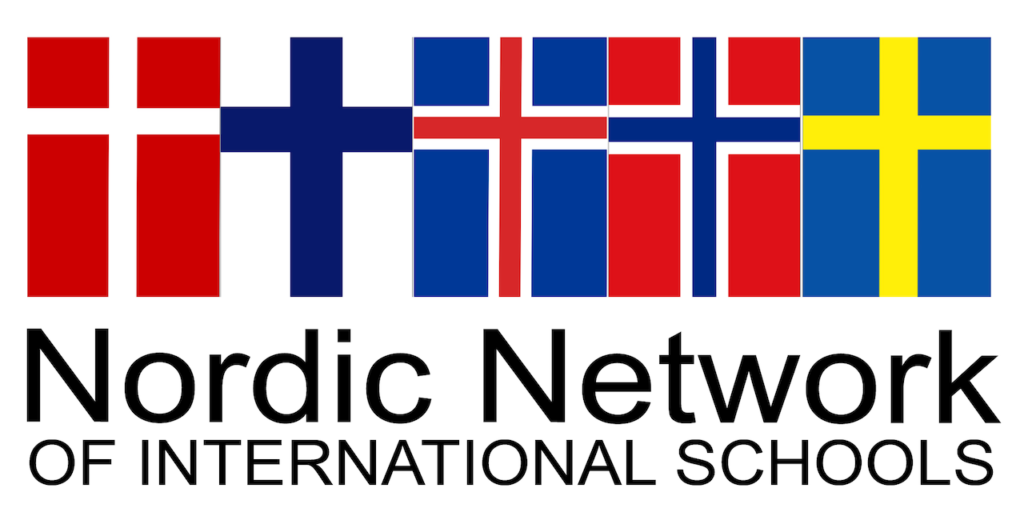Primary Years Program
The PYP Curriculum Framework
The framework is composed of specific elements: knowledge, concepts, approaches to
learning (skills) and action creating an inquiry structured curriculum that is engaging,
relevant, challenging and significant.
Knowledge: what do we want students to know?
The PYP acknowledges the importance of traditional subjects; language, mathematics,
science, social studies, arts, personal, social and physical education as inclusive components
of the curriculum. In addition, it also recognizes the importance of students making
connections, acquiring skills and exploring content in an integrated way that is relevant and
meaningful.
The PYP framework is organized into six transdisciplinary themes of global significance that
supports the acquisition of knowledge, concepts and skills of the traditional subjects. These
themes are revisited throughout the students’ time in the PYP.
The students’ inquiry into and learn about these global issues through the six transdisciplinary themes known as the Programme of Inquiry. Each unit of inquiry addresses a specific central idea, concepts, related concepts and lines of inquiry. The lines of inquiry are linked to both the transdisciplinary theme and central idea providing the driving force behind the inquiry process.
Concepts: What do we want students to understand?
The PYP is a concept-driven curriculum that encourages students to construct meaning through critical thinking and the transfer of knowledge. Students deepen their understanding and learn to approach the concepts from different perspectives. The PYP identifies seven key concepts used to support and structure the inquiries.
Approaches to Learning/Skills: What do we want the students to be able to do?
Applying and acquiring transdisciplinary skills is an essential part of the programme.
Students’ develop these lifelong learning skills within the traditional subjects, units of
inquiry, in the classroom and from their interaction in the real world. The five approaches to
learning skills are:
Thinking skills
Research skills
Social skills
Communication skills
Self-Management skills
Action: How do we want students to act?
Student-initiated action is a major component of the PYP. It is believed that in order for
students to put action into practice, they need to experience and engage in successful
inquiry learning that will encourage them to choose, act and reflect. By going through the
process of choosing, acting and reflecting, students develop skills in problem-solving,
conflict resolution, critical thinking and collaboration. In addition, through actions students
develop and demonstrate the Learner Profile Attributes of the program. Students are
encouraged to consider action through the lens of participation, social justice, social
entrepreneurship, lifestyle choices and advocacy. In doing so students recognise they have a
voice, they can make choices and can take ownership of their learning. The action component can take on different forms that show services within and outside the
school community. It is not necessary for the services to be grand, what is important is its
effectiveness in showing a sense of responsibility and respect to the self, others and the
environment.




